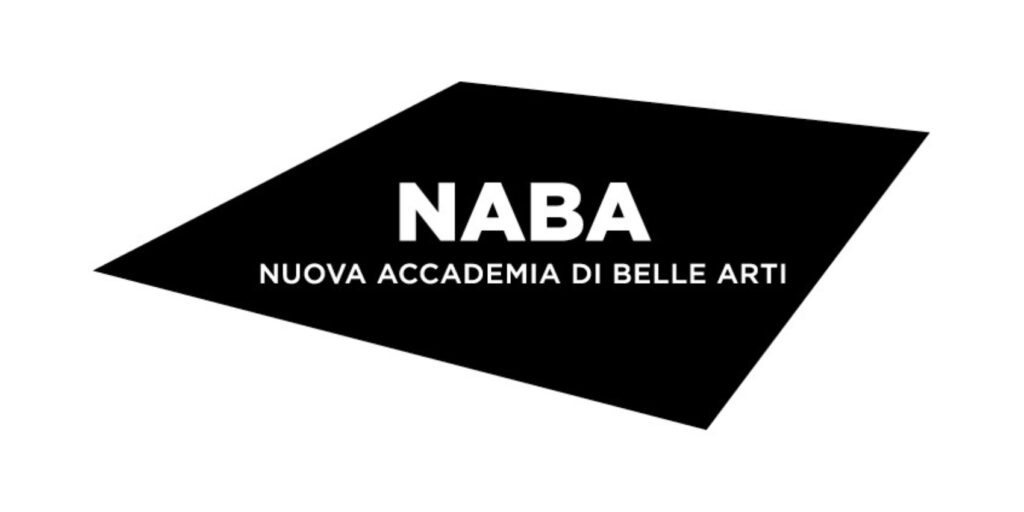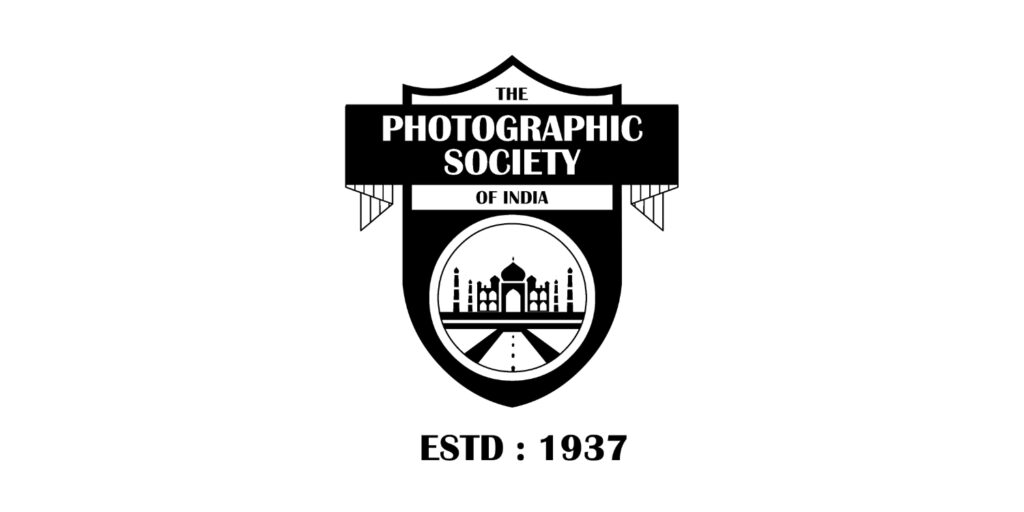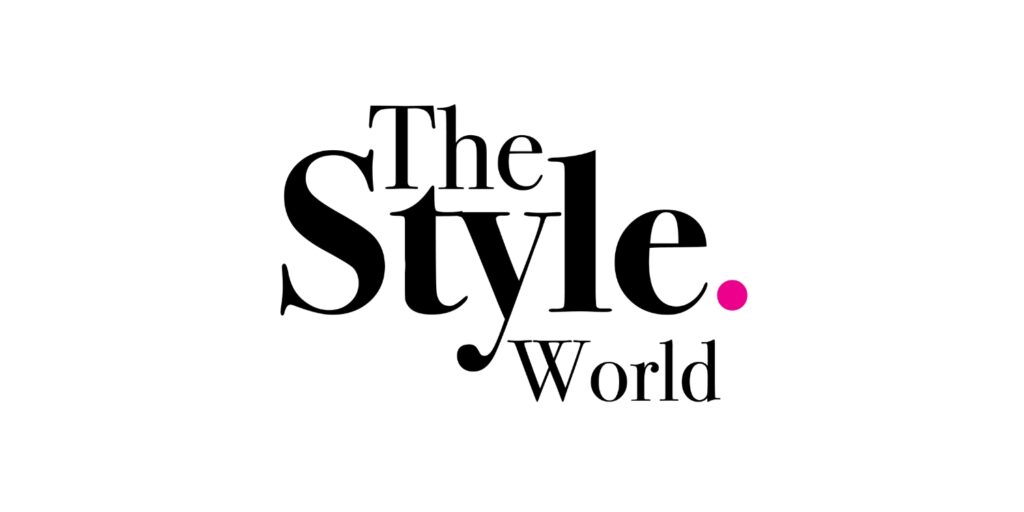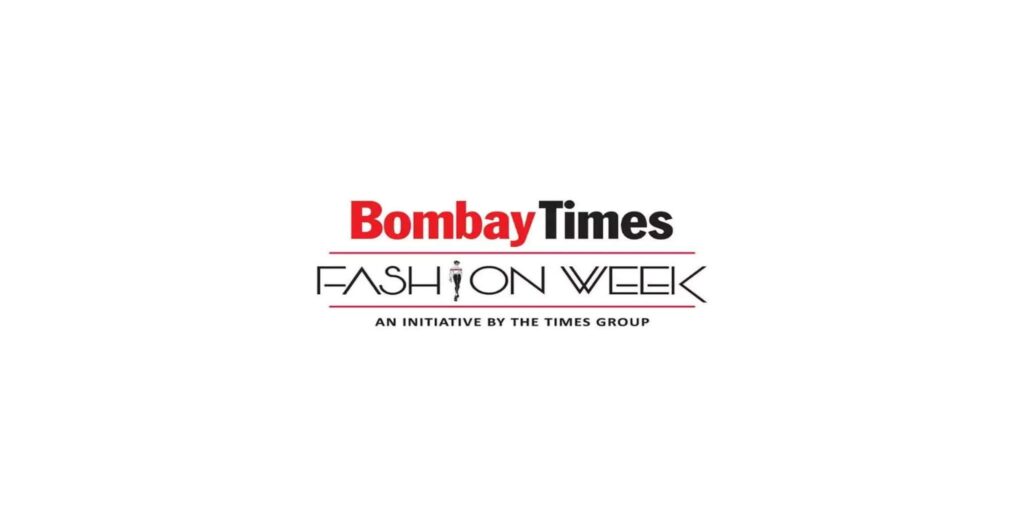Top Luxury Brands Online in India – 2022
Jd Institute
- October 4, 2022
- 9 min read
- Blogs
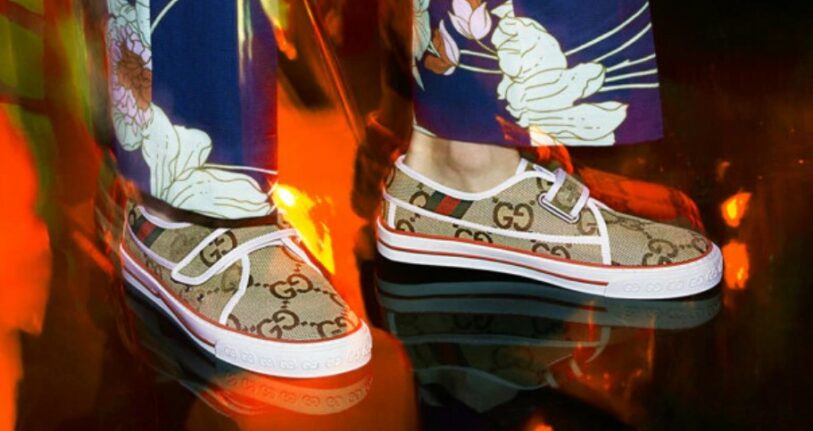
Introduction
Table of Contents
It’s a fact that top luxury brands have a growing presence online, which is indeed a departure from the past, where legacy brands have shown a reluctance to ‘play to the gallery’ as it were. But we are talking about circa 2021-22, and the power of digitization in the hands of Millennials! A percentage of this exciting segment are wealthy and have a great appetite for luxury. And these numbers are growing and going by predictions*, 20% of all luxury will be retailed online. Therefore, the importance of luxury sales going digital cannot be undermined by any of the top players. It’s crucial and critical if the global luxury goods market is expected to reach $ 445 billion by 2025 (*luxe digital.com).
A brand does well digitally when there is substantial online chatter on social media channels. Over and above this, the brand’s value and perception as accepted by online fans, voice search share, and social media conversations, are ultimately responsible for remaining top of- recall and superior online performance of luxury brands online.
Moreover, it is seen that 75% of all luxury goods’ sales have been influenced in some manner by what consumers have seen online. The famous luxury brands industry is all about brand perception and trust people repose on certain labels. However, with the significant use of the digital platform by Gen Z and the Millennials (young consumers drive approximately 85% of the growth of the global luxury market), another important element has come to the fore that luxury makers must take serious note of. Importantly, our new age of affluent shoppers are ready to spend on and endorse brands that match their personal ideals.
Catering to sensibilities of New Age Luxury Consumers
In fact, the rise of digital-native luxury brands is due to the fact that they are able to cater directly to young consumers, who spend more on brands that match their values- like doing business ‘responsibly’. It is seen that nearly 73% of young consumers, purchase from socially responsible brands, and spend on a product if it supports say ‘sustainability’.
Here's the list for Best Luxury brands -
1. Gucci
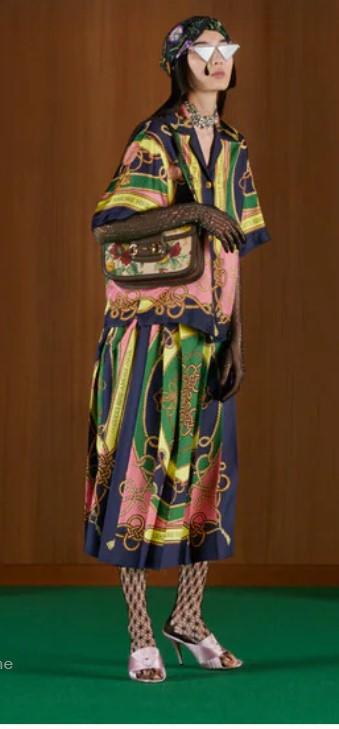
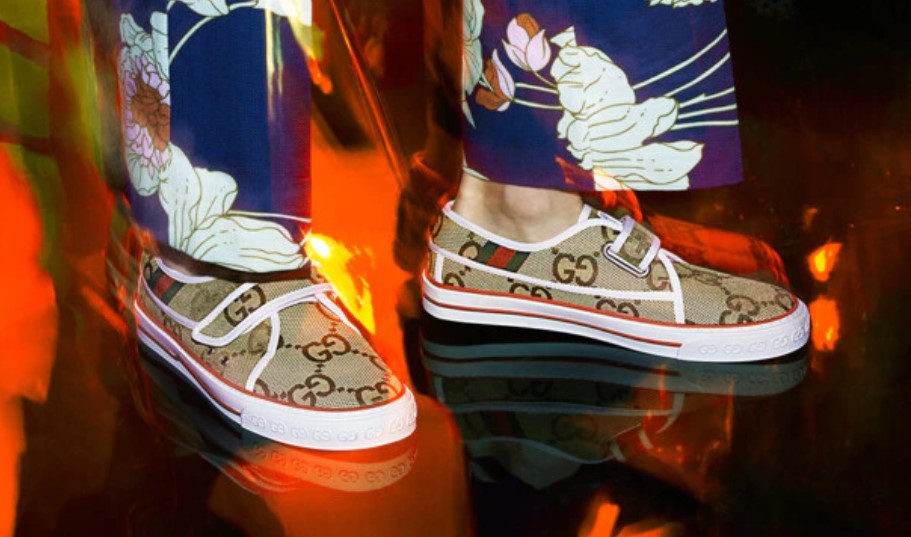
Gucci has been ‘ruling the roost’ so to speak, by maintaining the top spot as the most popular luxury brand for 2021-2022. The most searched and popular luxury items online amongst wealthy millennials has been Gucci’s avant-garde designs. Particularly popular have been their designer sneakers. It is said that the brand’s social media mentions across all digital platforms have been stupendous – a whopping 11 million-plus conversations happen per month, on an average.
2. Louis Vuitton
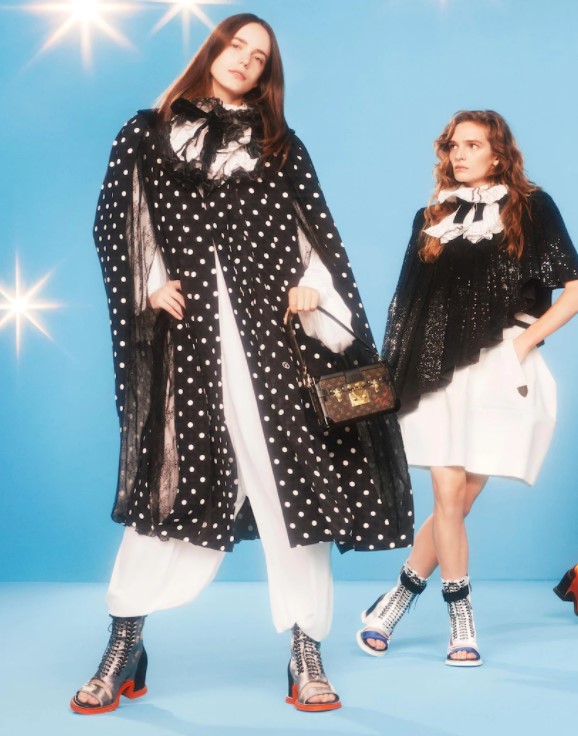
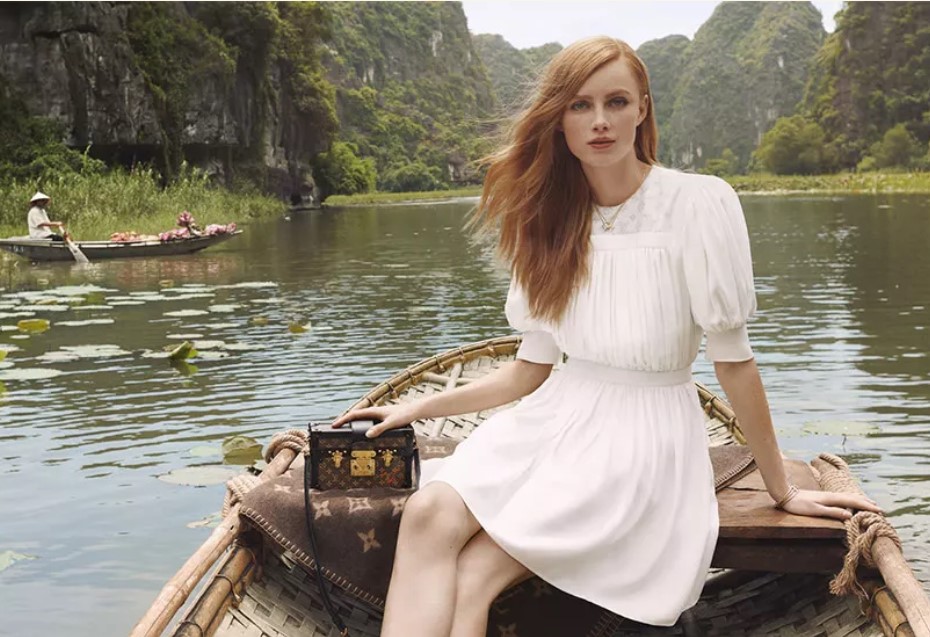
The prestigious French luxury brand Louis Vuitton collaborated with the famous streetwear designer Virgil Abloh, to become their in house artistic director of menswear. The brand saw a huge surge on the popularity scale. To keep up this tempo, the luxury brand added New York cult streetwear brand Supreme to their offerings to draw the attention of luxury millennial shoppers.
Another fruitful step they took was to rope in premium audio brand Master & Dynamic for designing top-of-the-line wireless headphones. What could be more youth-centric and street- led than this? All geared to increase their share of newer and young luxury consumers.
3. Chanel
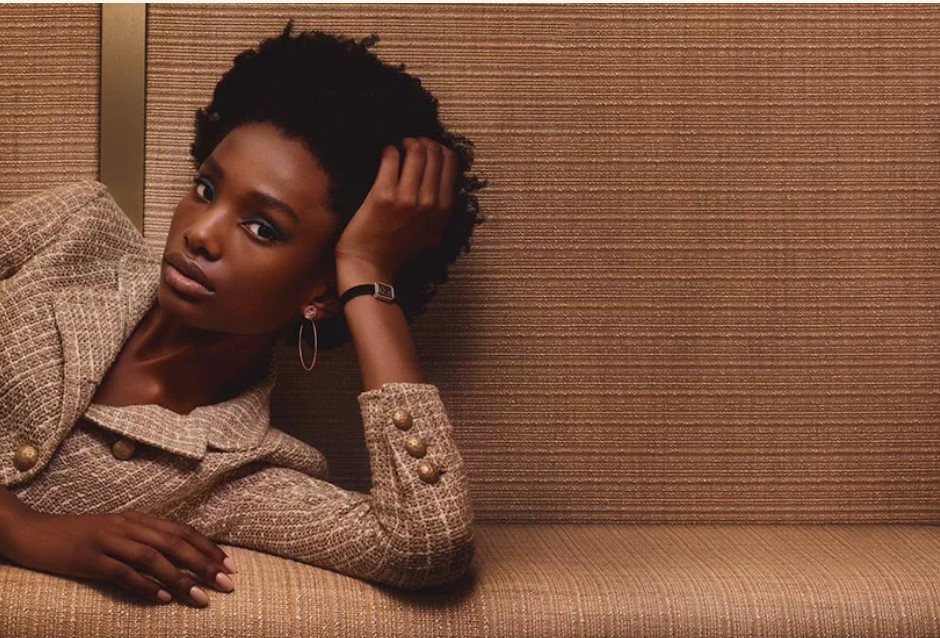
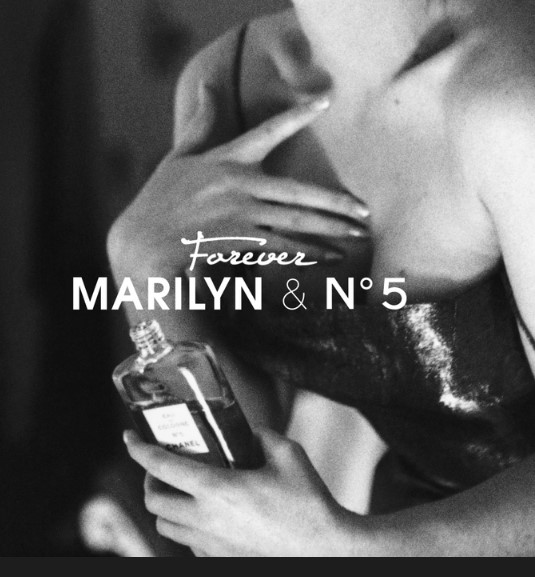
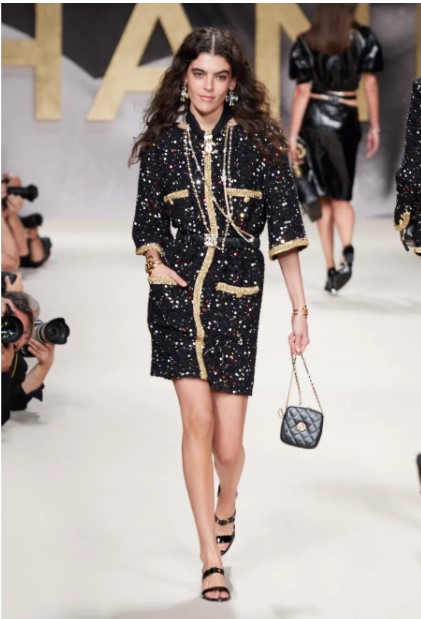
Legacy French luxury fashion house Chanel has known to make conservative use of e-commerce, but have made marvellous use of, and excelled in, its digital luxury story telling initiative. The attraction towards this brand for new age shoppers has been the execution of mind-blowing visuals and captivating videos. This has helped generate huge interest across all digital/social media platforms.
Focus has been given to celebrity-led campaigns and engaging narratives, which also includes tutorial-based content. Who does not know of the famous “little black dress”, and the Chanel no.5 perfume, that Chanel is best known for? And the Chanel suit of course.
The product line includes clothing, perfumes, handbags and watches, perfume and the Chanel suit.
4. Rolex
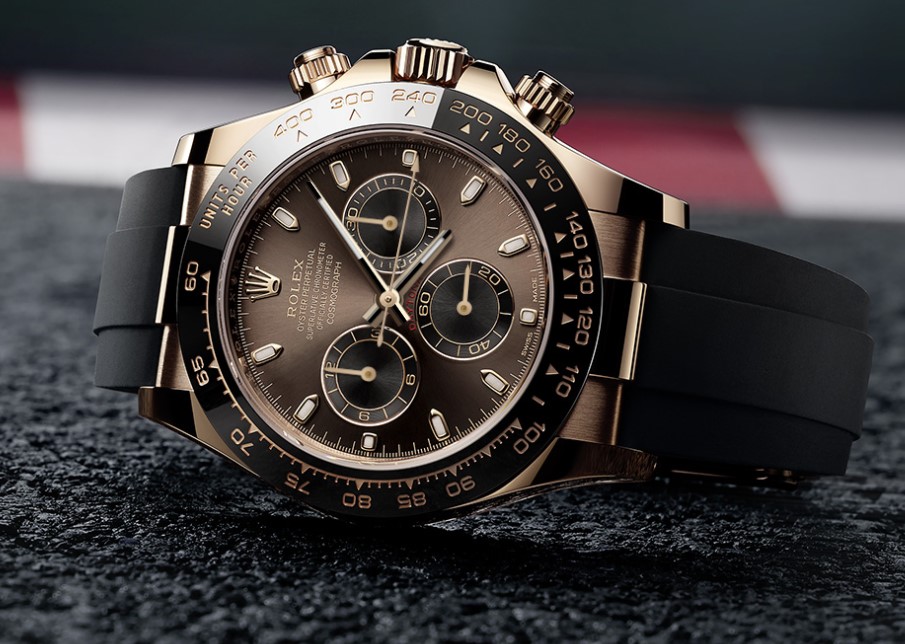
With the growing interest, in and value of vintage Rolex watches, the Swiss luxury watch maker ranks high in online conversations with the launch of newer watch models. Affordable by only the affluent, the rarity and value of each piece keeps the interest going and its ‘perpetuity’ profiling in its advertising, has made it the classic, timeless brand as has been perceived through generations.
Rolex has positioned itself in the high- profile world of sports golf, motorsports, tennis and yachting, and thus endorsed by greats like Roger Federer, Phil Mickelson, Lindsey Vonn and the likes.
What’s more, the world-famous watchmaker is listed in the Forbes’ Top 100 Most Valuable Brands in the World!
5. Dior
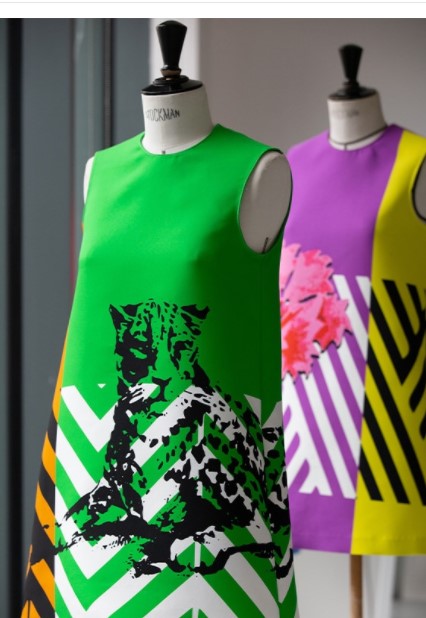
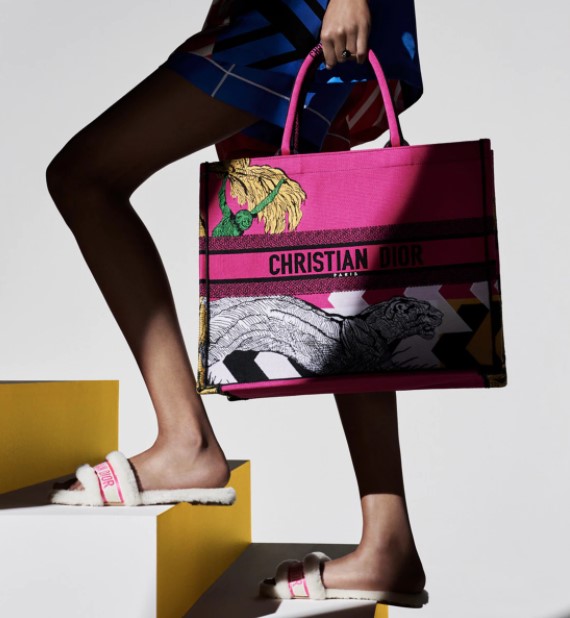
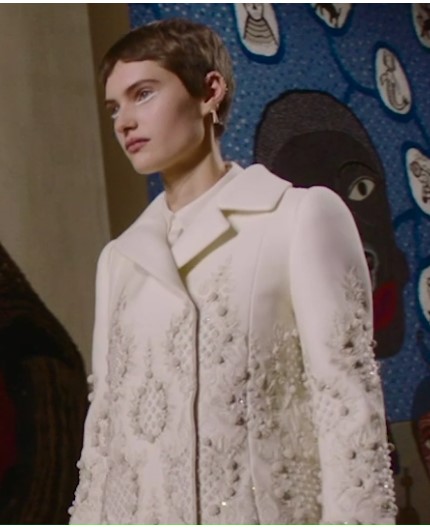
The classic French luxury goods company Christian Dior (Dior), has enjoyed an iconic status for many decades with its exclusive fashion clothing collection and a line of premium beauty products. In the more recent times, to cater to their wealthy millennial customers, Dior took certain strategic steps to make the brand more alluring and relevant to the younger lot.
The brand roped in creative talent known for a ‘millennial-friendly’ approach and output, especially for their online presence. Dior’s T-shirt with “We should be all feminists” became a statement piece, and so did the social-media-friendly ‘J’adior’, which drove fans in large numbers and got them on the fashion brand’s Instagram page. The Dior brand is now focused on creating a robust omnichannel retail presence and enhancing online growth.
6. Balenciaga
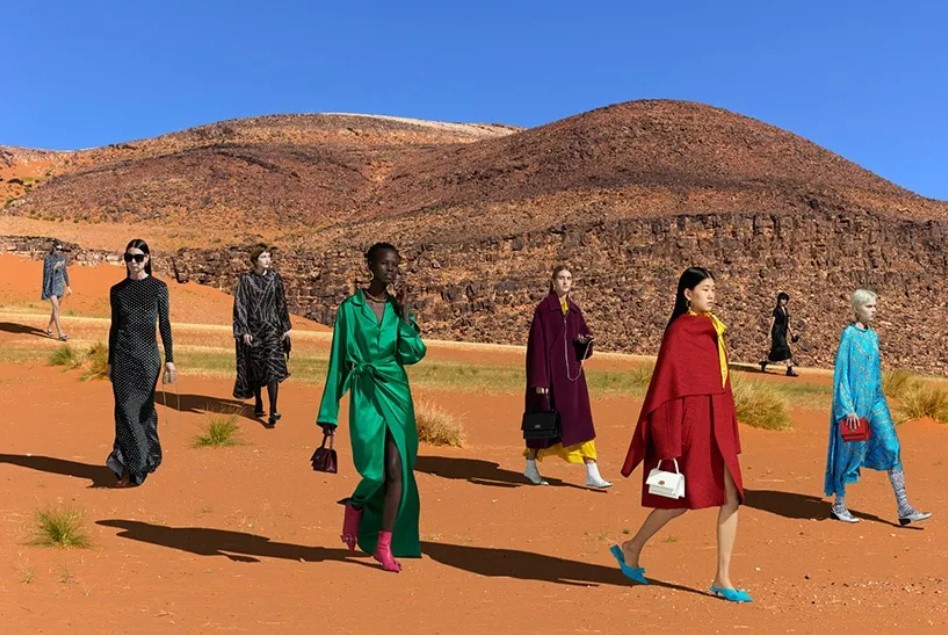
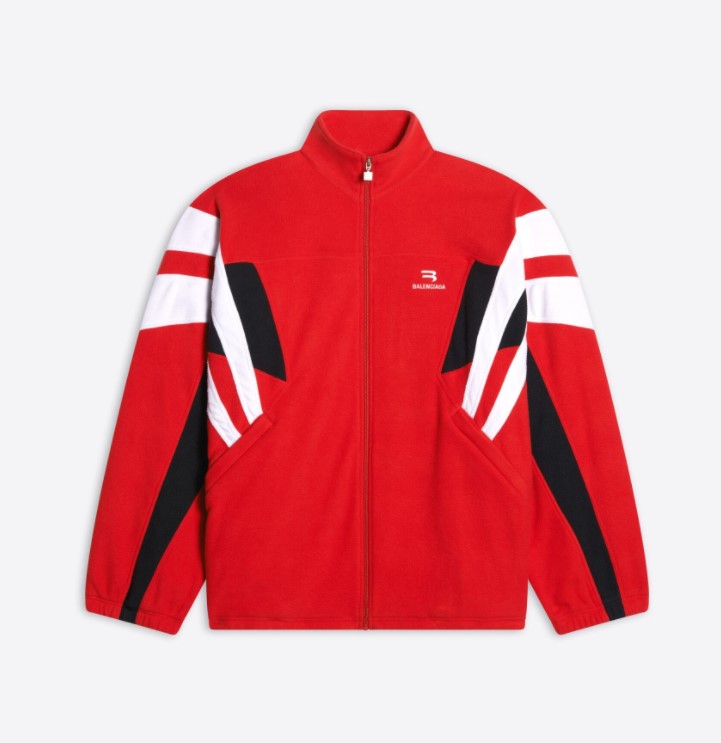
Balenciaga, has been one of the fastest growing French luxury brands in the world. The designer brand took to launching a streetwear and an athleisure collection to realign to the tastes and sensibilities of Gen Z and millennial luxury consumers who make up nearly 60% of their customer base.
Influencers on social media have also taken to the brand’s vibrant, avant-garde designs – responsible for Balenciaga’s huge online popularity on the fashion runways of the world.
Balenciaga’s offering in categories like handbags, clothing and footwear and also seen a surge in sales. Their Speed Trainers and Triple-S sneakers, are conversation pieces.
7. Armani
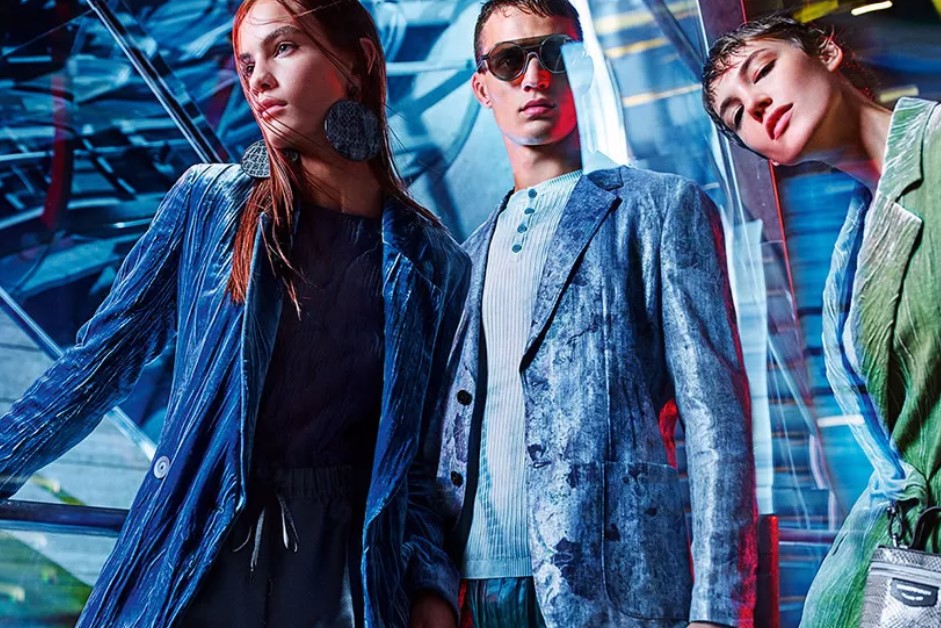
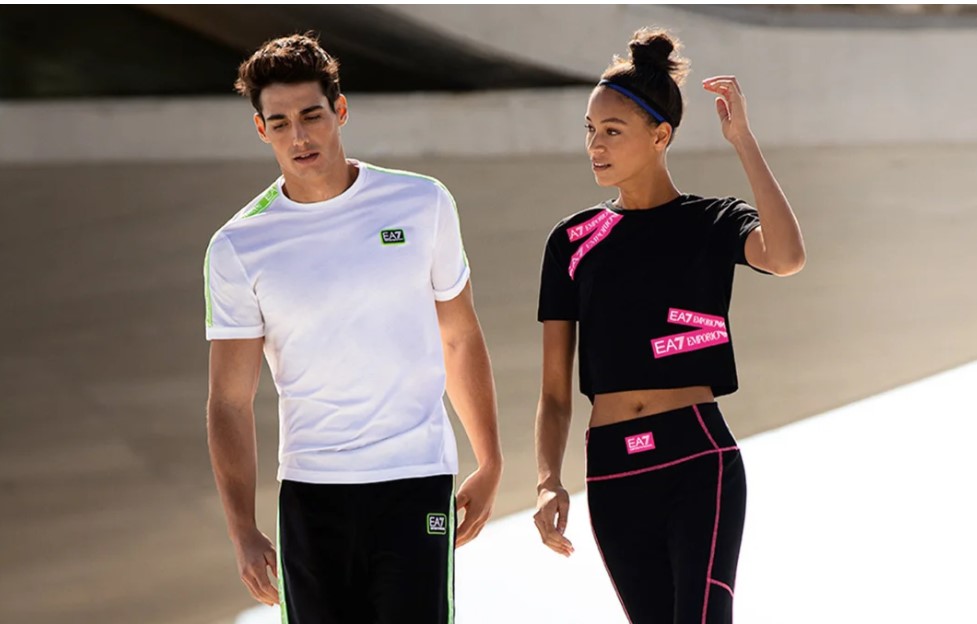
Armani, founded by Giorgio Armani in 1975, has an impressive online presence with their offering ranging from luxury designer leather goods, ready-to-wear fashion clothing, watches, shoes, jewellery, and accessories.
With its focus of customisation, Armani has created three sub-brands that cater to every segment of their luxury shoppers. These are Giorgio Armani, at the high end of the spectrum; Emporio Armani a mid-range offering; and the A | X Armani Exchange is geared to suit the youth. Armani Online has these three dub-brands on top of the list of searched key word terms. This consolidation into three different categories has served them well for today’s digital domain.
8. Yves Saint Laurent

Founded in 1961, Yves Saint Laurent is a French luxury fashion house as iconic as they come and in synonymous with fashion par excellence amongst other top brands. Being a legacy brand, Yves Saint Laurent’s successful run can be attributed in part to the diversification, high-end fashion clothing of the ready-to-wear category to leather goods. And more recently, catering to youthful customers who have a love for streetwear and athleisure aesthetic, high-end sneakers, sunglasses, and accessories have become a staple.
When searching online, the most popular items for the Yves Saint Laurent stable are Yves Saint Laurent Cologne, Yves Saint Laurent perfume and The Yves Saint Laurent.
9. Tiffany
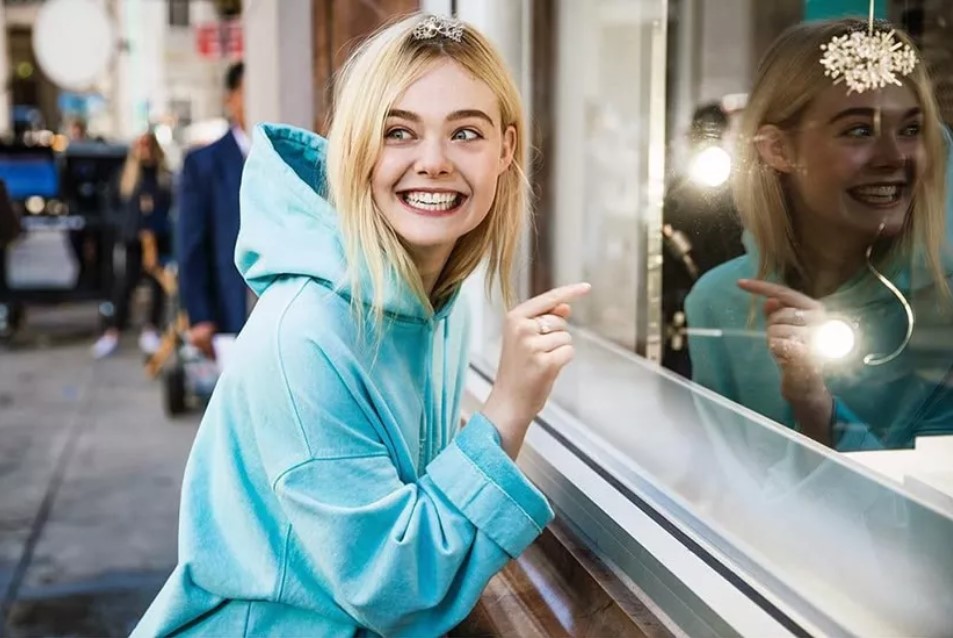
It’s not just about fashion clothing that have made their presence felt in the digital world, not surprisingly, the American high-end jewellery brand Tiffany & Co. too has a substantial online avatar. Now acquired by the French luxury group Louis Vuitton Moet Hennessey (LVMH), Tiffany’s core product offering remains the same – jewellery, crystal, perfumes, watches, and even stationery, and water bottles!
Tiffany began selling online via portal Net-a-Porter, some select styles in order to reach a new age customer. The brand performs well on social media, like Instagram, and has been nubile while adapting to the social media norms followed by the affluent youth. Popular online searches have been for Tiffany products have been Tiffany rings, Tiffany necklace and Tiffany bracelets… as it has been doing since generations.
10. Burberry
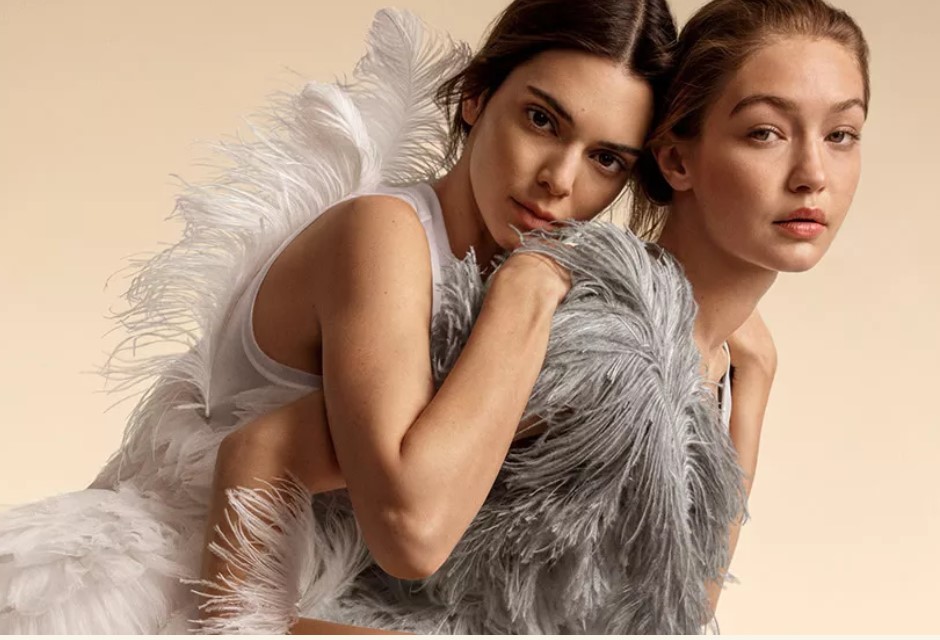
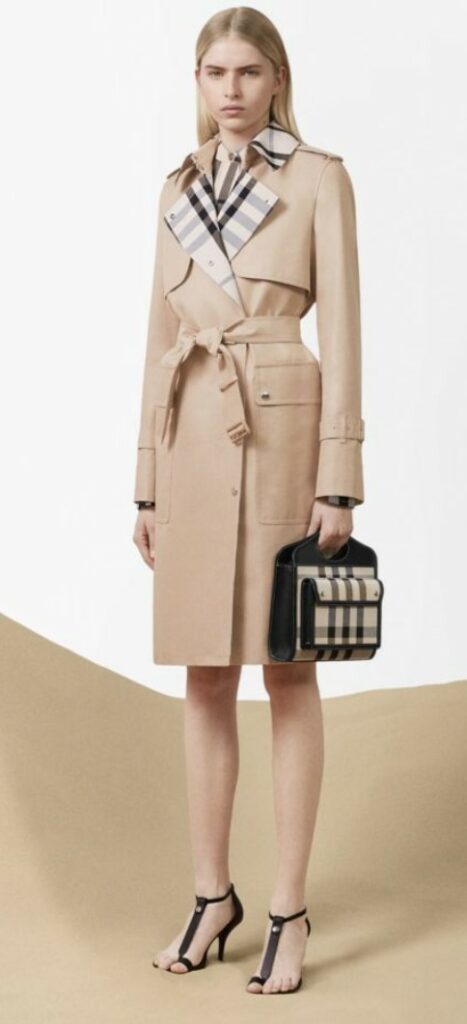
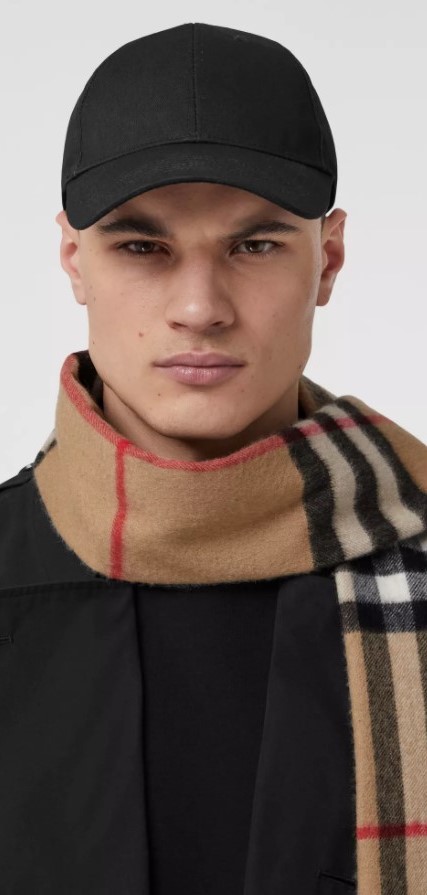
British luxury brand Burberry has been an upscale fashion label since its inception in 1856! Burberry’s unmistakeable plaid prints and patterns on its most famous trench coats, ready-to-wear clothing, perfumes, fashion accessories, cosmetics and sunglasses, has put the brand in a very special place.
Burberry continues to draw much attention on account of its well marketed digital retail strategy that uses slick and smart online video campaigns.
Apart from the signature plaids (which remains a bestseller in the men’s jacket section) the brand has also ventured into newer products like watches and fragrance collections. Studies show, that the most popular Burberry items online have been the Burberry scarf, Burberry watches and Burberry perfumes.
Conclusion
This segment of consumers is so influential that they shape all the new collections under the luxury label, that emerge. They also seek a seamless experience across all digital platforms and in turn get luxury goods companies to invest more in the digital and social media spaces for a better connect.
What has emerged is a trend all of these best luxury brands online have created, no matter how ‘true blue’ they have been – that they have all launched casual collections or especially created sub-brands to appeal to the aesthetics of their young and younger consumers. Some brands have big like Yves Saint Laurent.
Luxury becoming ‘more relaxed’, is a kind of a misnomer. But that is the order of the day. So why not attach a snob value to these sporty, athleisure items? Luxury sneakers for men, women’s sportswear, and loungewear is all an outcome that is necessitated.
Whatever be the case, the premium tag of products and services is determined by the perception, pricing, and popularity of their brand, and the trust and appreciation their fans repose in them.



